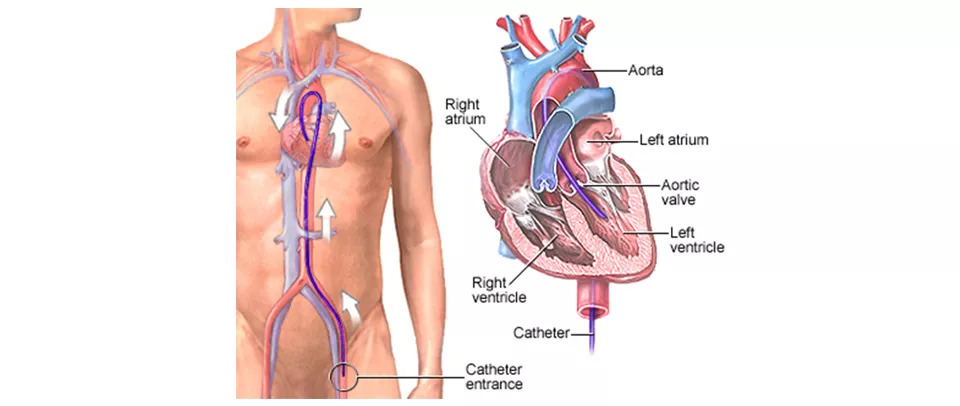What is Coronary Angiography
To find a blockage in a coronary artery, a Coronary Angiography test will be done. If you are suffering from a typical chest pain, unstable angina, heart failure or aortic stenosis, it will lead to a heart attack. This procedure is used in these circumstances.
First a ‘Catheter’, a thin hollow tube is inserted into an artery and carefully directed into the heart. The most effective contrast material is injected into a ‘catheter’. This results in a special x-ray, that will show the patient’s coronary arteries (heart’s blood vessels) that are blocked or narrowed. This is called a Coronary Angiogram.

Procedure of Coronary Angiography
The Coronary Angiography is a digital image which has certain procedures to execute the process. There are extraordinary special imaging techniques that will be utilized to provide Coronary Angiograms.
- In order to get an image, a tiny tube must be inserted through the patient’s arm or groin into the coronary arteries.
- The dye will be injected at the tip of the small tube, at the beginning of the blood vessel, supplying a special fluid to the heart.
- Through X-ray, the special fluid will be visible very clearly.
- It will clearly show the blockage, specific arteries and narrowing.
- The images which are obtained are known as Angiograms.
Results of Coronary Angiography
- Accurately locate where the blockages are there in coronary arteries.
- This test will show how many blood vessels are narrowed or block via fatty plaques.
- Previous bypass surgery results will be checked.

